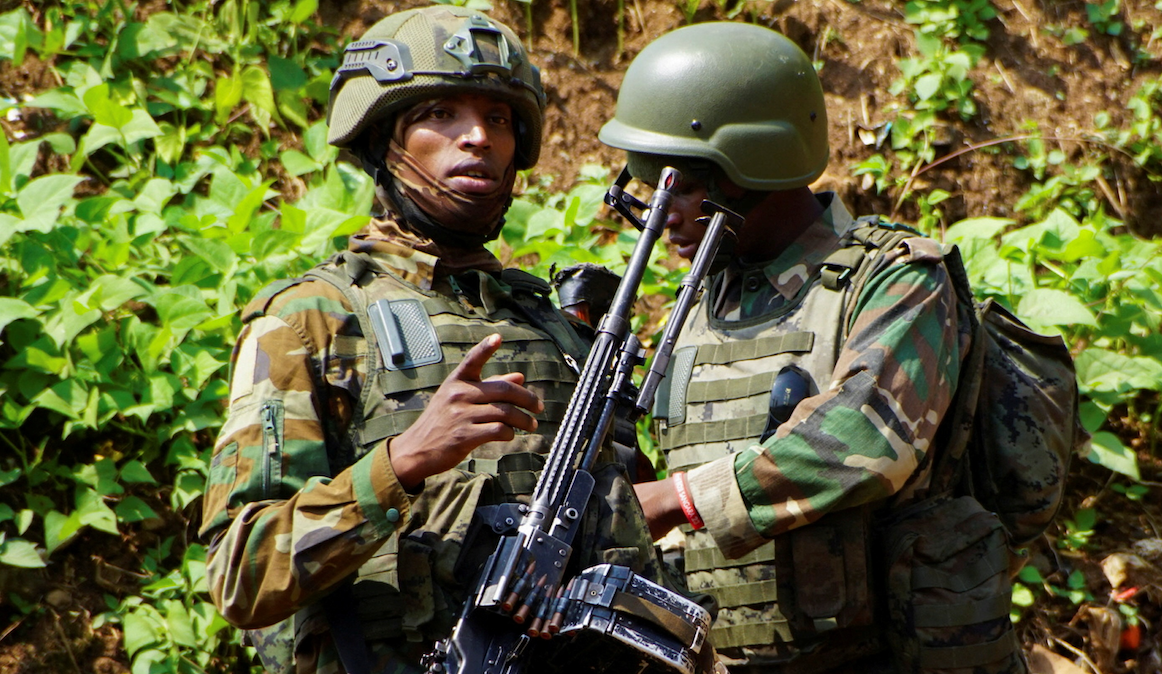Representatives of the Democratic Republic of Congo and the M23 rebel group held peace talks in Doha, Qatar, last week to resolve the armed conflict that has engulfed eastern DRC since January. Qatari mediators began facilitating private discussions ahead of the first formal meeting between the two groups, planned for April 9. It is the second such attempt since March, and a source close to the negotiations described the talks as “positive,” as evidenced by the M23’s withdrawal from the town of Walikale as a gesture of goodwill.
What’s behind the conflict? Hostilities stem from the aftermath of the 1994 Rwandan genocide and competition for the DRC’s extensive mineral resources. The M23, an ethnic Tutsi-led rebel group formed in 2012, is allegedly funded by Rwanda – a charge Kigali denies.
There were supposed to be peace talks in Angola three weeks ago, but those collapsed after the European Commission sanctioned Rwandan officials for plundering mineral wealth in the DRC. The decision prompted Rwanda to expel Belgian diplomats and raised fears of a greater regional war.
Over 7,000 people have died in the DRC since January, and hundreds of thousands have been displaced, including 35,000 people who have fled to Burundi and 487,000 who have sought refuge in Uganda, straining resources in neighbouring states – an outcome next week’s talks are designed to head off.
